Work
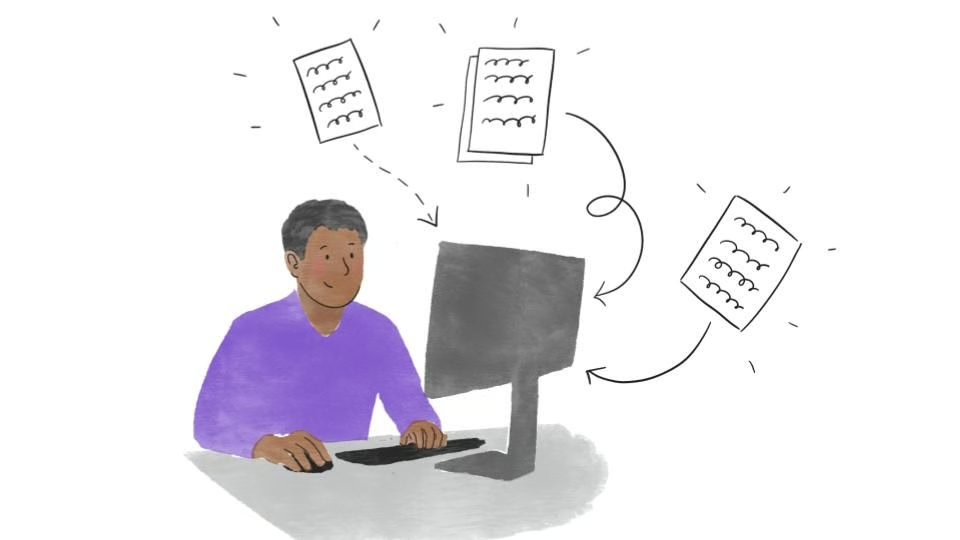
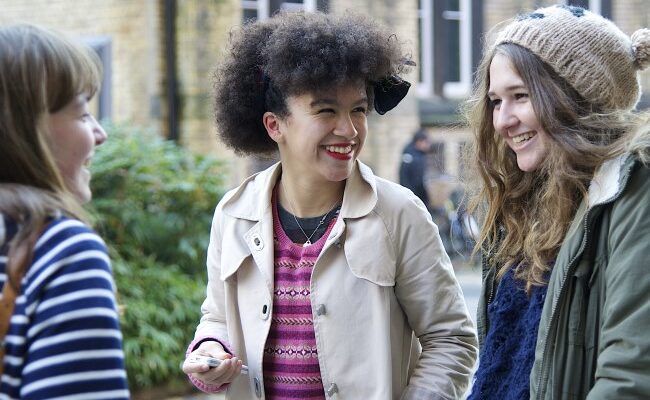
We delivered a rapid, high impact engagement with UoM to develop their digital customer experience strategy and future operating model. This included online research with 2000 prospective students, interviews with over 90 staff, horizon-scanning, competitor benchmarking and digital maturity assessment.
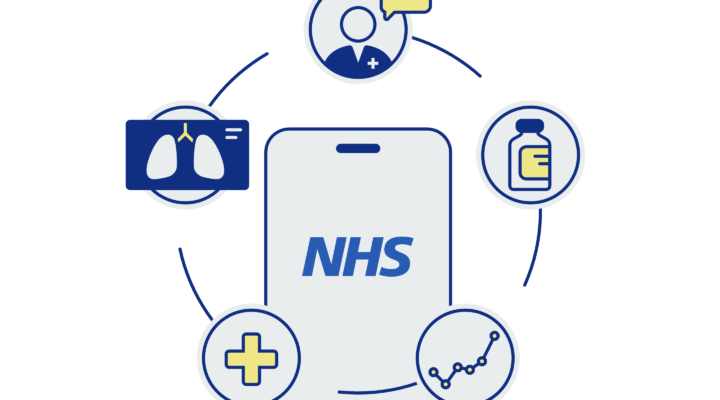
Create/Change is working with NHSE’s Digital Prevention Services portfolio to support a transformation from project-based delivery to a product-led model. We’re helping to establish foundational practices, increase capability, and improve governance in a high-accountability, safety-critical area.

We've helped DHSC's Digital Transformation and AI teams to develop their internal propositions. Using our network of digital leaders from across government and healthcare, we've also enabled them to benchmark themselves against good practice from other GDaD teams.
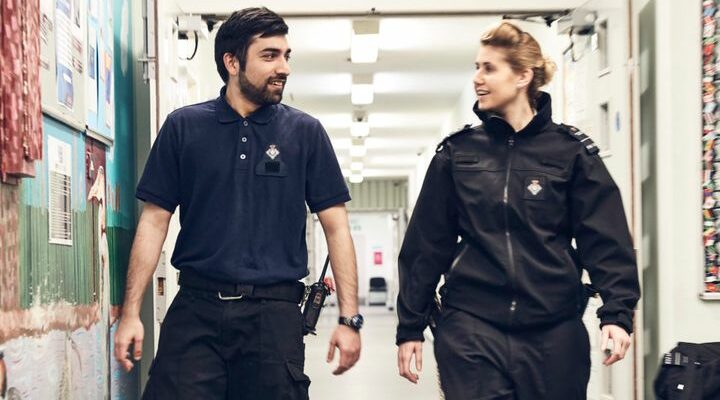
The decision to recall someone from probation back to prison has serious implications for society, the Probation Service and citizens. We’ve developed a national service for MoJ and HMPPS to help probation officers ensure that Recall decisions are consistent and data-driven.

The volume of unstructured information held by government is vast: imagine a stack of paper 20,000 miles high in the centre of Whitehall. Working with Cabinet Office we’ve prototyped machine learning and natural language processing tools to make the knowledge in these documents transparent and accessible.
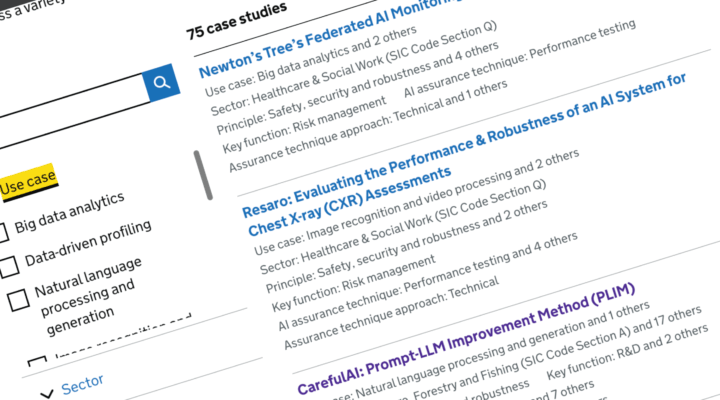
We developed the portfolio of AI assurance techniques for DSIT’s Responsible Technology Adoption Unit. The portfolio is for anybody designing, developing, deploying or procuring AI-enabled systems, and showcases examples of real-world assurance techniques for the development of trustworthy AI.
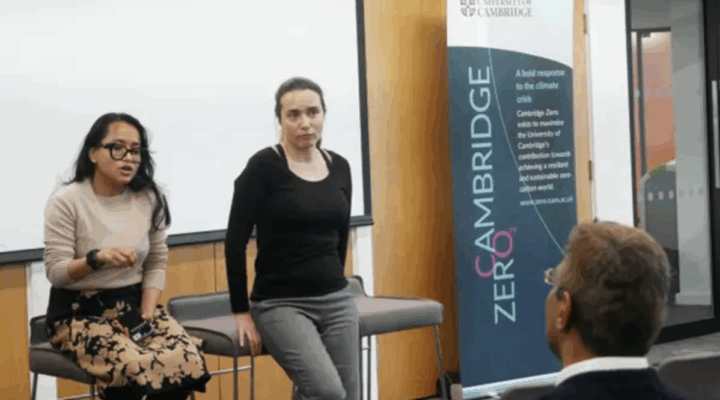
The University of Cambridge UIS team needed help establishing more product-centric ways of working and to begin the move to a Digital Services model. We embedded experts in product development, agile delivery, user research and service design with the UIS digital and IT teams to build skills and capability.
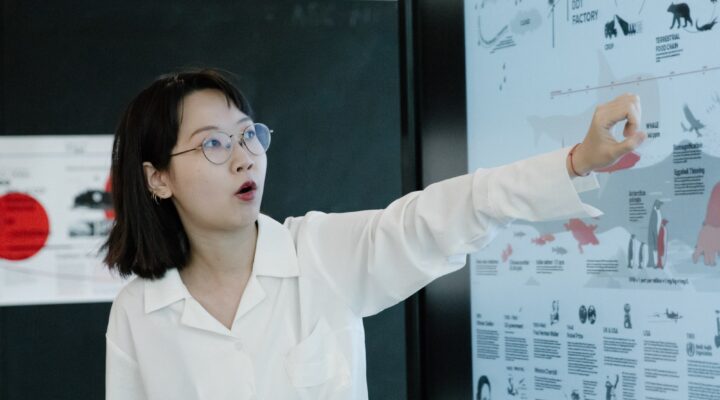
UAL needed to evaluate how to improve timetabling across it's six colleges. We undertook user research to understand how timetabling effected students and staff, analysed workflows and made recommendations on the staffing and capability needed to transform timetabling to meet user needs.

Working with Defra’s policy teams and farmers, we led a multi-vendor Discovery exploring how government can incentivise the farming industry to adopt sustainable practices and reduce its reliance on subsidies.

We led a partnership with DfE, Open University and CENTURY Tech to explore the best technologies for teaching low-skilled, low confidence adults. Working with over 200 users, we researched and prototyped adaptive learning, curriculum content and tutor support through digital prototypes.

The team at NHSX have been charged with transforming the way that cervical screening is done in England. We've been helping them establish their programme through workshops and coaching.
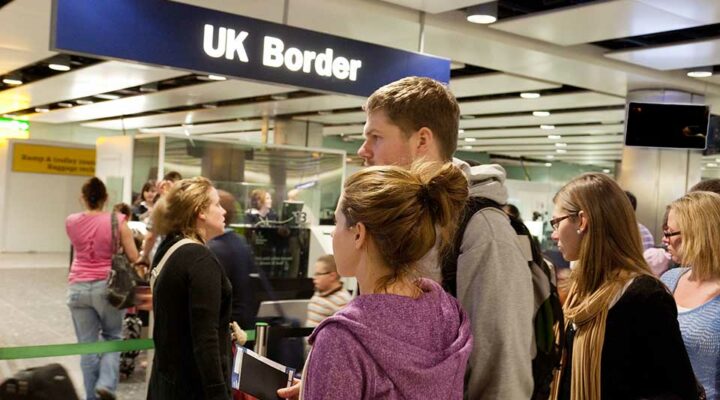
We led the development of a playbook that will complement the GDS service manual and help define how product teams will work and become more user-centred. The Playbook was co-created with Home Office's communities of practice.
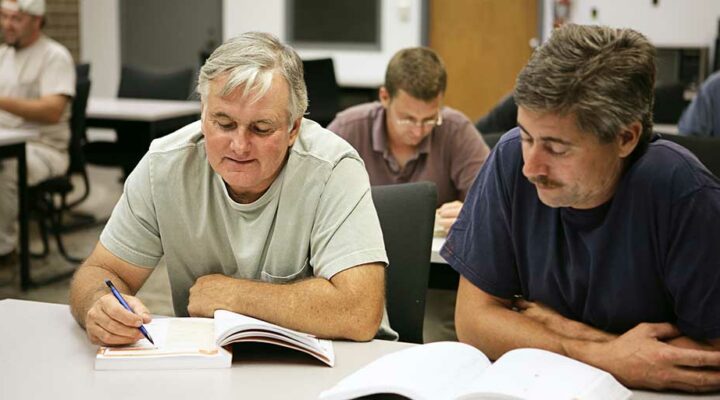
Up to 1 in 5 people could have their jobs displaced by skills automation. We’ve been working with Department for Education to prototype an adult skills programme for the 21st century.
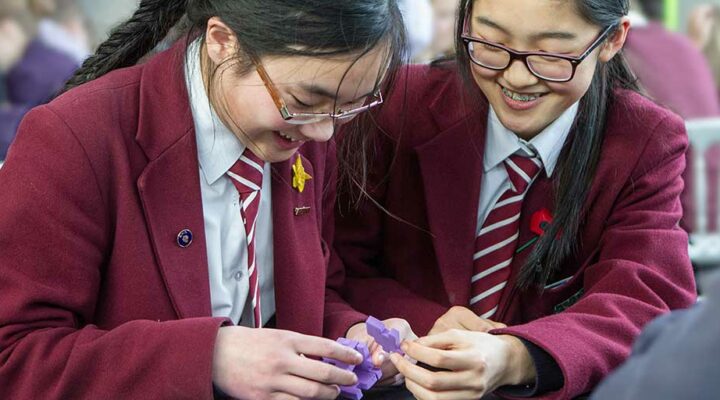
DfE asked us to look across the education sector, understand what services might be missing or need transforming and define over 50 service lines to help government better meet the needs of education users.

We've looked at how the health & social care system and GOV.UK can improve fostering by implementing better technology and making crucial advice more accessible to foster parents.

Understanding the best path through post-16 education is complex. We used a mixture of qualitative research and a randomised control trial to help the T Levels policy team understand which features of the new technical qualifications would be most valuable to students.
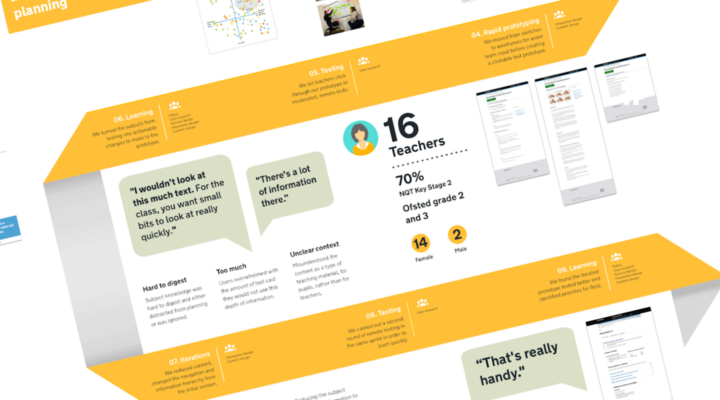
Teachers spend on average nearly 9 hours a week preparing and planning lessons. Through research, design and content strategy we prototyped a new Government service to make high quality curriculum materials easy to download and adapt to individual teaching styles.

Through research with students, schools and EdTech providers we looked at ways for Government to increase takeup of foreign language GCSE options by bringing learning technology into the classroom.

We helped ideate two important new services for Amnesty International: PANIC BUTTON allows activists to be traced in the event of capture or kidnap, while AMLEA allows activists to stay in contact securely and untraceably using the Tor network.

Using seed funding from NESTA, we’ve been co-developing a new product that cultural organisations can use to build creative campaigns at live events, incorporating real-time audience participation.

We worked with 80 parents in some of the most deprived areas of the country to understand what government could do to help their kids participate in out-of-school activities that would help them build life skills and resilience.

The delivery of the new Apprenticeships Levy came with public commitments from ministers and a ‘drop-dead’ date for national rollout. We helped Skills Funding Agency develop the capability to deliver a new digital service.
